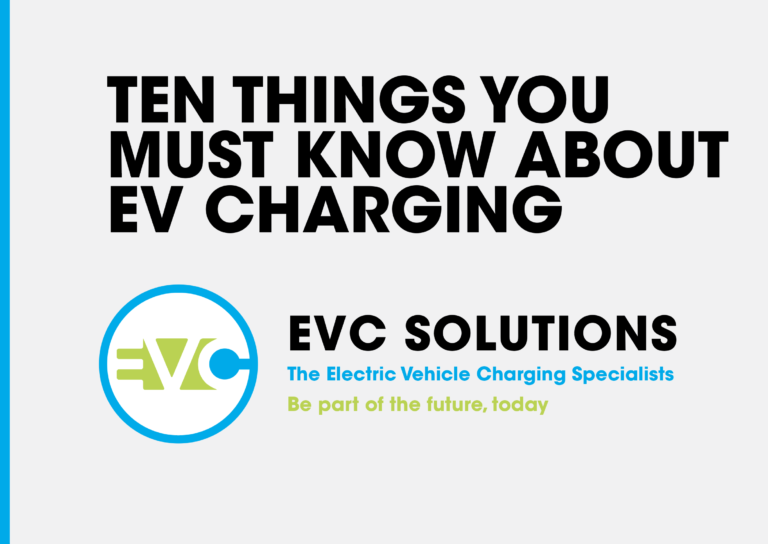2021 saw the biggest number of new electric vehicle registrations ever. In fact EV registrations were greater than the previous five years combined. 190,727 Battery Electric Vehicles (BEV) were registered along with 558,578 hybrid vehicles. Diesel and Petrol cars now make up only 54.5% of the market share and the trend is only going one way.
As more drivers and fleets switch to a combination of hybrid and fully electric vehicles the demand for electric vehicle charge points is increasing, and the costs for installing are changing too.
The UK government Electric Vehicle Homecharge Scheme (EVHS) provides
grant funding of up to 75% towards the cost of installing electric vehicle smart chargepoints at domestic properties across the UK, but this funding changes at the end of March 2022 to only include homeowners who live in flats and those in rented accommodations.
Grants for workplace charging equipment are still available and details can be found here: https://www.gov.uk/government/publications/workplace-charging-scheme-application-form.
There are now nearly 29,000 publicly available charge points on UK roads which is an increase of more than a third since the end of 2020.
The total number of locations which have a public charging point installed is over 18,000, and the
total number of connectors within these devices is approaching 50,000.
However, these numbers need to keep increasing to supply the growing demand.
Just this week we twice found 7 out of 8 Instavolt charge points at a public charging area in Oxfordshire were in use at one time. Whilst the local coffee shop will benefit, travel times will increase as drivers have to queue to charge. There are plans to double the size of this particular plot and there will be similar stories around the country.
Later on in our journey we charged at a simple to use roadside Ubitricity public charge point in South London but the next nearest charge point was nearly half a mile away, and in a densely populated city this is not enough.
With new battery ranges in excess of 200 miles, being able to charge at your place of work or at home can be quicker, more convenient, more cost effective and will definitely reduce range anxiety.
Additionally with major cities looking at following the London and Birmingham Ultra Low Emissions Zones, and the ever spiralling costs of fuel, driving a fossil fuel based vehicle is becoming even more expensive.
The current trend will mean that in 2022 more new cars will be electric than fuel powered. It’s time to look at making the change!
Be part of the future, today.
Adrian Cooper
Business Partnering
EVC Solutions Ltd
At EVC we do business that won’t cost the earth.
Contact EVC Solutions on 03300 904030 or or hit the CHARGE ME UP button below.
Want to know more about EV Charging? Download ‘10 Things You Must Know About EV Charging’ here.

